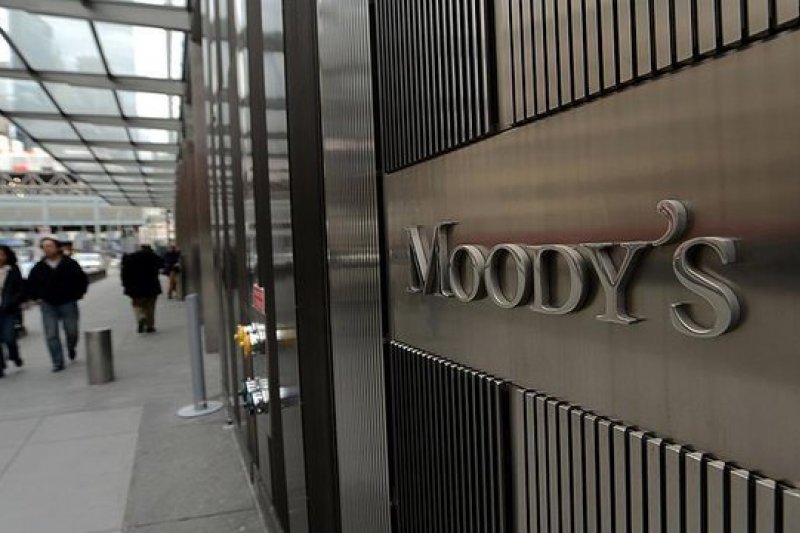Moody's Re-confirms Albania's B1 Rating
In the latest update of its opinion, the international rating agency Moody's re-confirmed Albania's current rating at B1, with stable outlook.
The agency estimates that the post-pandemic economic recovery was strong and Gross Domestic Product (GDP) reached pre-pandemic levels as early as 2021.
The government's debt burden, after rising sharply to 74.5% of GDP in 2020, resumed its downward trajectory in 2021.
Regarding Albania's banking sector and government liquidity risks, the Agency's expectations are that they will remain unchanged. The stable outlook is also supported by expectations of policy continuity, especially in the context of reforms within the EU accession process and moderate external imbalances.
After a slowdown in real GDP growth to 2.1% in 2019, compared to an average growth rate of 3.0% over the previous five years (2014-2018), the coronavirus outbreak severely impacted economic performance in 2020. However, macroeconomic stability was maintained. The economic contraction during 2020 was milder (with a revision of 3.5%) and the recovery in 2021 stronger than initially expected (with real growth of 8.5%).
The agency predicts a slowdown in GDP growth to 3.0% in 2022 and 1.8% in 2023. Also, in the long term, the country's ability to support the process of convergence of income per inhabitant with EU countries will depends on the government's success in implementing structural reforms and increasing competitiveness in relation to other countries in the region.
The agency assesses the formal opening of membership negotiations to Albania's advantage, because it will promote the implementation of the reform, which will support its institutional strength. This is also expected to improve the overall business environment.
The agency estimates that the fiscal indicators have been in a gradual positive trend since the significant deterioration they experienced in 2013 due to expenditure overruns on the eve of the June parliamentary elections of that year.
However, the impact of the pandemic has weighed on public finances, temporarily breaking this positive trend, while the risk of contingent liabilities remains high. In particular, Albania's main contingent fiscal risks are related to weather-related electricity imports, contingent liabilities arising from the energy sector, from the resolution of property restitution claims stemming from the communist period, and from increased off-budget financing in the form of public private partnerships (PPP) that have been used as an instrument for increasing public investments.













